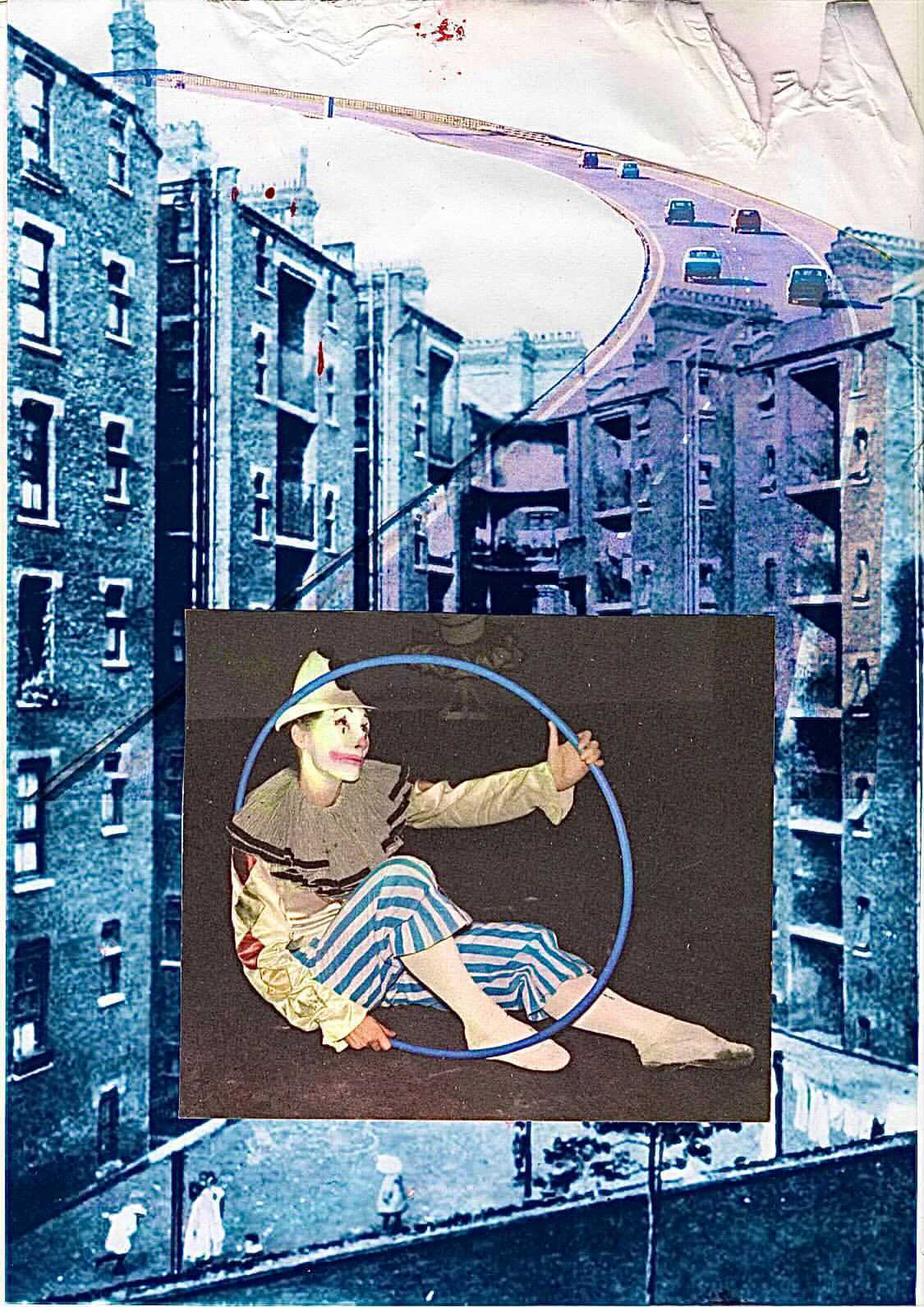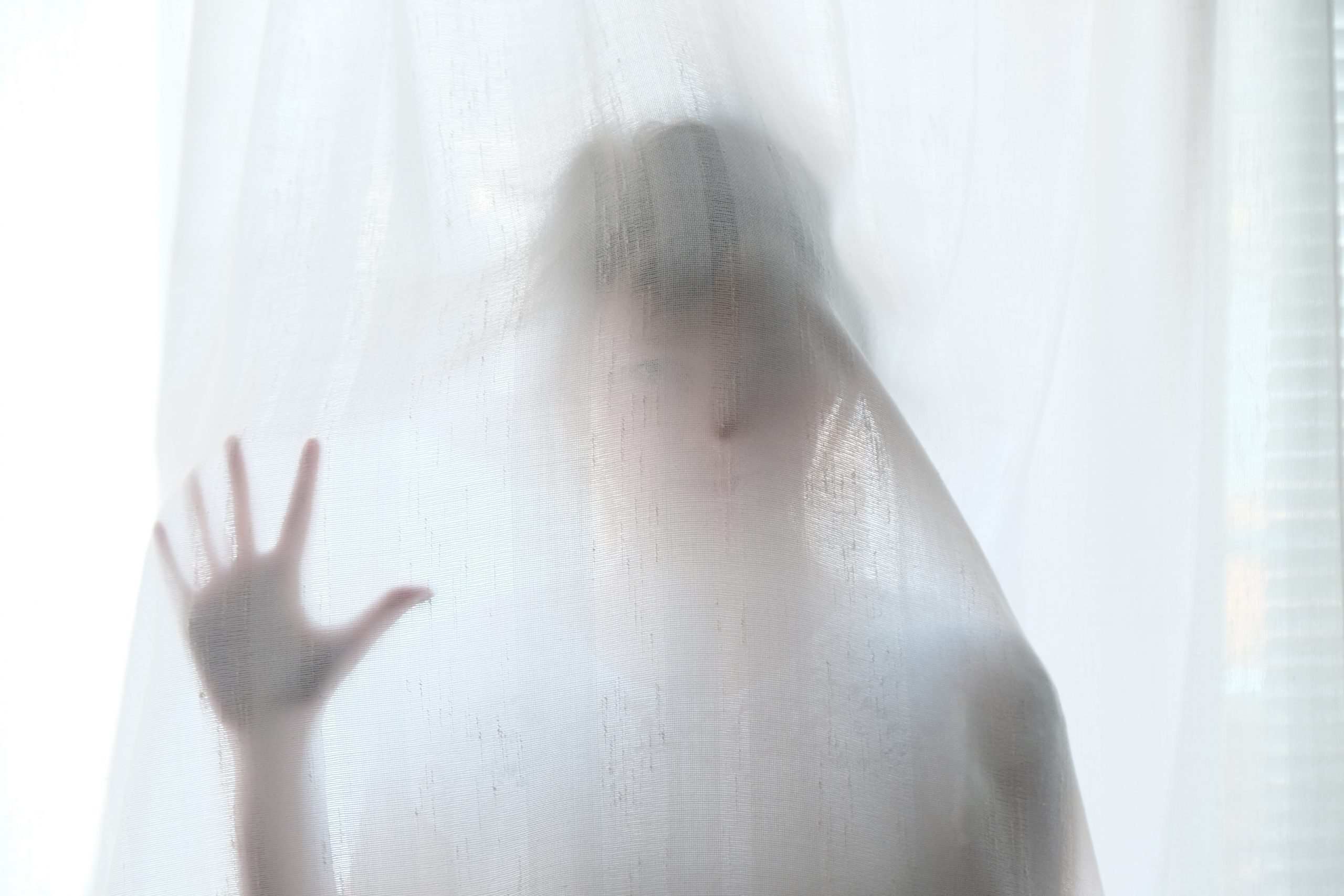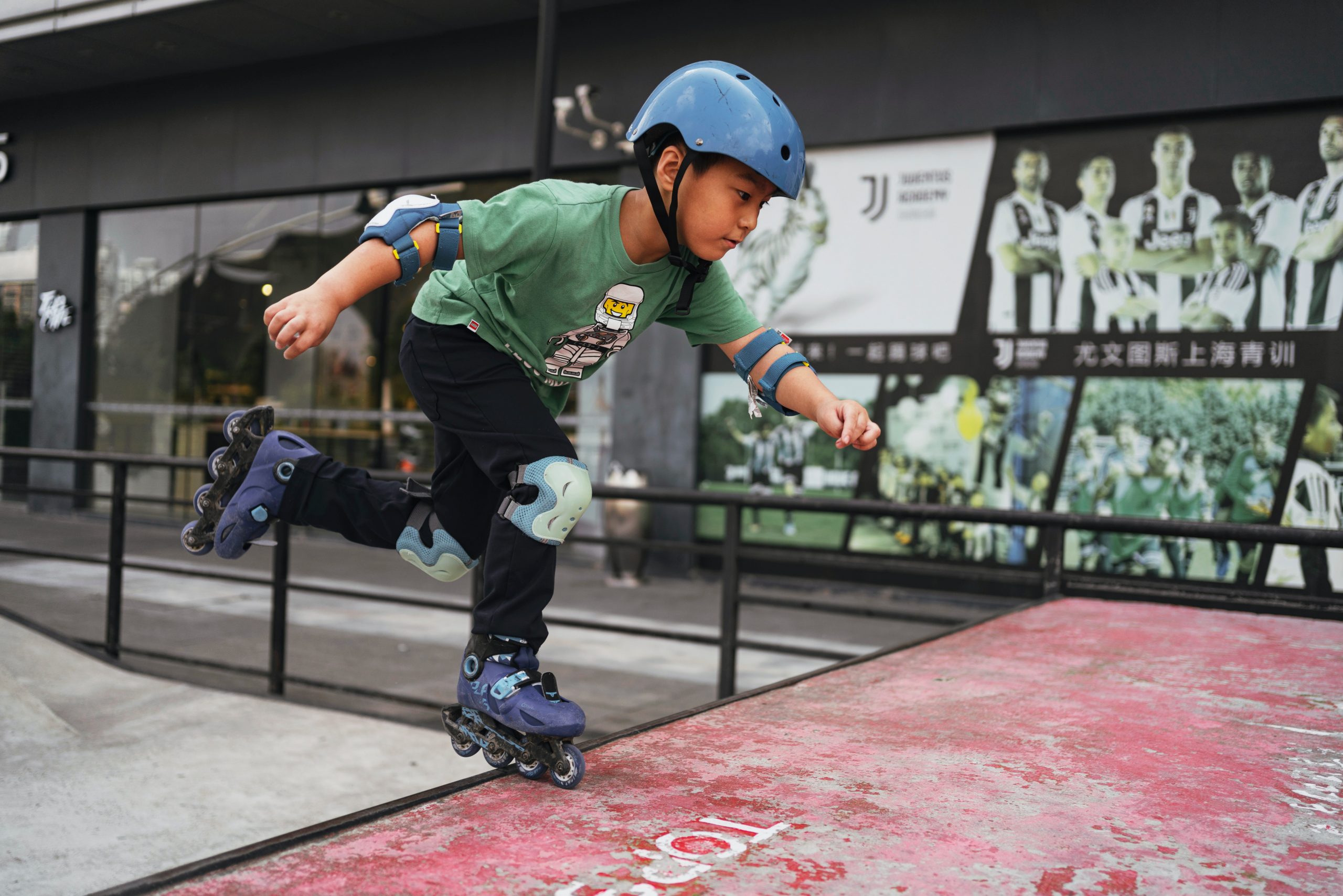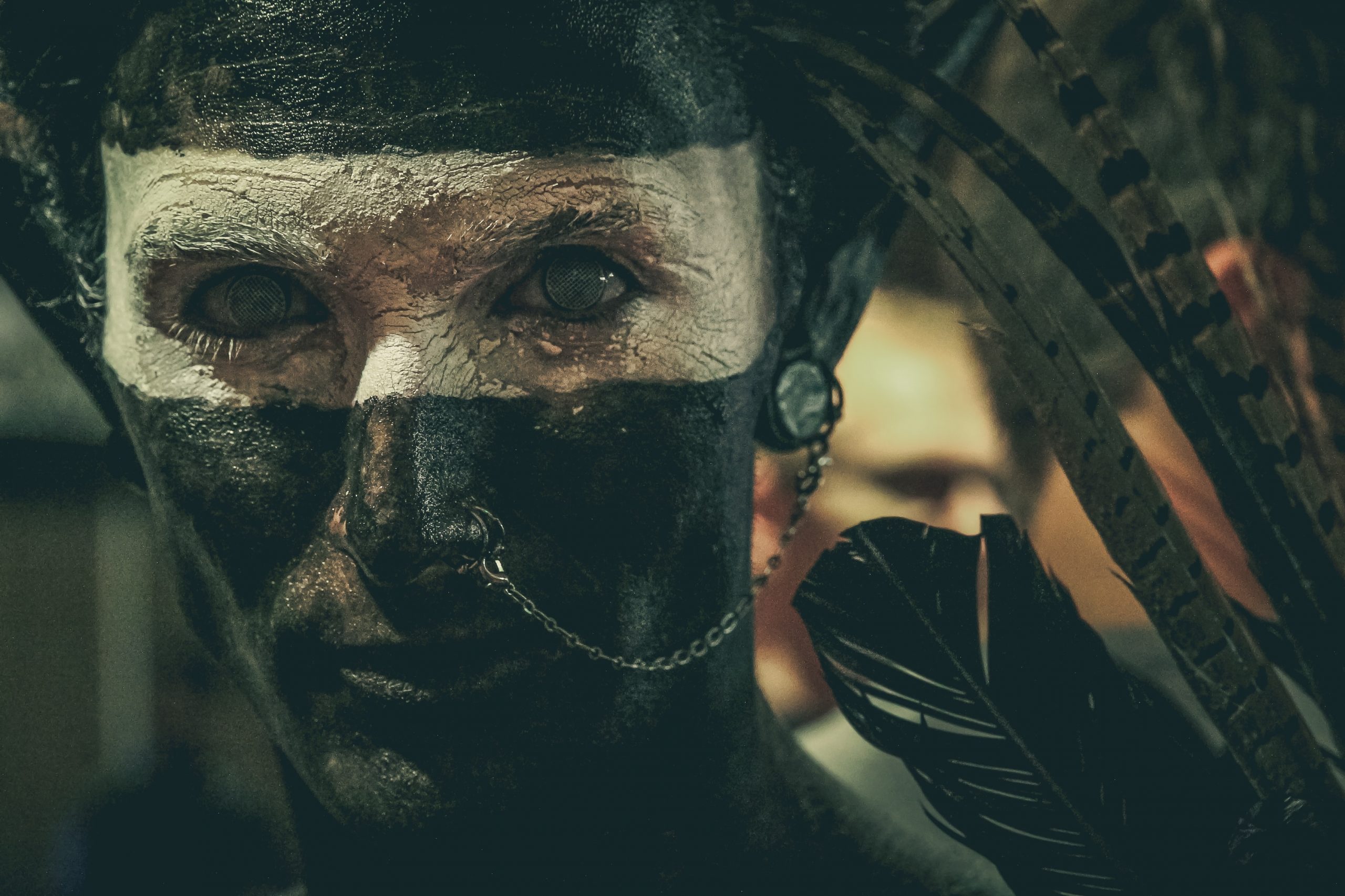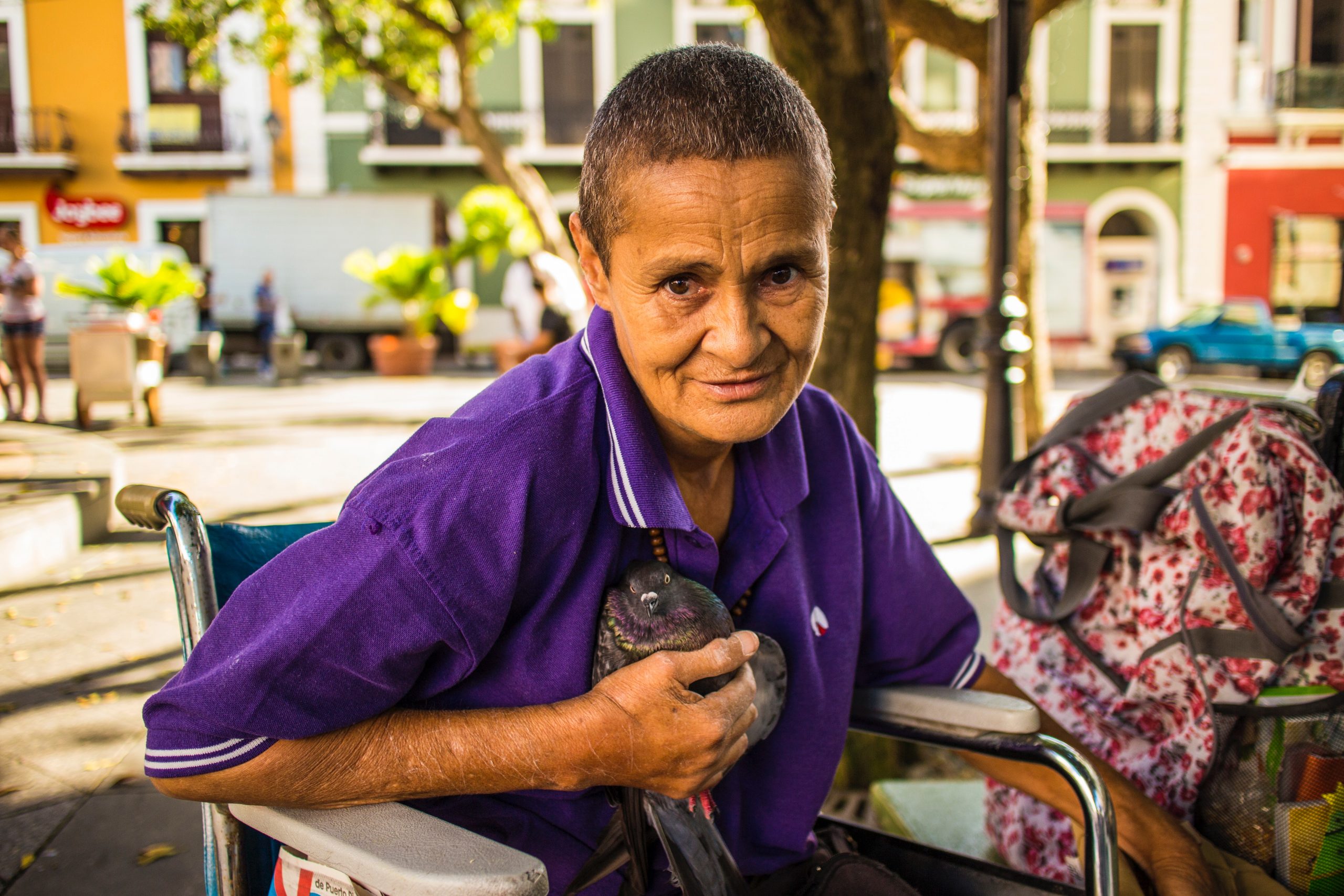THE LONG WEEKEND
I
i remove my wedding to write. a certain indecision in the air, your name, a sound without breath behind it: the kitchen door that closes by itself. this house is haunted, a ghost caught in the window like a twist of spinach in a smile. last night the lean-to was full of flies. i killed them with room spray. their tenacity was both impressive and horrible. it begins slowly. the ghost grows pink and partially. when i am alone, i can think about you. the close, damp day will never give you up, the way you wait inside a word, contain all words. all words contain you, glowing but hollow. i am trying to be bones. my body, a soft catwalk. a girl is one half hair and better dead. if i had only known. leave the gas on. i will prove the work of white gloves after all.
II
in the dream i swallow the bedclothes, drawing them into me like a reverse spirit medium, like a cartoon dog eating spaghetti. the janus profile of a labrys, settling on the lit cleft of a boy’s head. a winged axe is a butterfly. in my dream, all things are possible: a world reduced by heat. and you, ascending your own vanity like a fatal throne with sceptre in hand. in the dream, my body begins to assimilate the house, starting with the soft-furnishings. it wants to wear the rooms i walk through. or else dissolve around them, like a red and white pellet of gelatine. i dreamt i was back in camden, a machine of gravel, sullenness, and meth. all of her arches, triumphal and funerary. in the dream, amy: drawn with a stick of rancid mascara. she knows a private vein, a refusal as firm as a brand new bruise. i will not ask you what this means. i do not want to die, but to perish, grandly.
III
wake up. the rich white women kiss each other on screen. which is really kissing themselves. which is really a type of mutual congratulation. in the centre of some lavish catastrophe, eyes like rice wine, i want to be famed into motif, my face is the future, is a wound with no exit.
IV
why do i make myself ridiculous defending you? every night i peel off my own invisible pitchcap, join the other maimed dunces on our three-legged stool. fear is a wig too tight to the scalp, the dress that shreds me as i waltz in step. to be a kind of satiny pariah, a wife. get up. the verges, sweating out a miracle, these yellow orchids, culvert glories. a smell that stimulates both appetite and gorge. my dreams are apologists for my waking thoughts, where thorns gird me, dragons guard. to stand outside of time, in a slick and looping fever of return. damsel: they desire my desire, not me. men who take me apart with deft disinterest, to rebuild me like a rifle. because they can. they time themselves: how long to reconstruct me, functioning and lethal. women who walk with the tortured obedience of greyhound dogs. i love my love with an l because she is… i love my love with a b… names become manes. or dulled to punctuation. i love my love with an asterisk, interrobang, forward slash.
V
the woman in a red puffa jacket: cheek-chewer’s pirouette, tried to catch our eyes in her open mouth. a quick pink tongue, all slick with need. i can no longer endure. i can no longer sustain, maintain, ceaselessly do. next week, i will plant red fuchsia. i want the mellow sorrow of fable. history is hard. i want your shoulder, without request or apology. but you are trapped inside the thing to which i’m tied, and therefore x marks your spot. poverty a phantom zone. don’t tell me how far i’ve come. those morbid self-saluters saying things on twitter. there are songs to raise a storm, assuage the sea, wreck the ship, and my mouth is an ark of curses. love, we portion out our hopes in fits and starts, never too far into the future, exceeding our restraint only with guilt. but they allow themselves to dream; they always win. they are thieves. it has never occurred to them that your thoughts belong only to you. i am so tired. all the crosses on the wall hanging crooked. the ghost gathers its flies with concerted effort. and how do you tell a fly from the ghost of a fly? our bones are open inside of us. cracking apart. the black blade of sight.
FOR THOSE OF US FOUND IN WATER
or in ice. the body dreams
of itself and sunday, condensed
inside a cul de sac: we are going
to church in long white socks,
lucidly fleeced, a race of glimpsed
poppets. we wow the boys. is
that how it was? or summer,
urgent and idling, a bad case
of the lowering fidgets. someone
says: they can smell it on your
breath, and i was an ashtray,
full with the stubs of other
people’s tidy sex. our dull
summers, cornered
and then shunned. there is
always a man, with a van,
an unpleasantly
spacious mouth. he rolls
me up in plastic, tighter
than a tube of arcade change.
the body masquerading
as a mannequin, an angel,
a perfect lily of tv dread.
in barrels or in brown
off-cuts of carpet. look at us
now. at me, surfacing
through the grim sling
of my own skirt, where
only the waistband
remains. pageant sashes
of weed. water works on
us, and the face
is a casual glacier,
calving from the skull.
to slide from the self
in sheets, form sediment,
the stuff of nightmares.
what was the land but
a surface, all surface,
a crust you pick with
the nib of a spent pen.
i dream of suitors,
pushing back
their sleeves, the hempy
night, fathers, and a critical
affection. i am uncreatured
here, am fathom-fire,
a shape but not a form.
prost! you found me.
now it’s your turn to hide.
THREE JANE DOES
I
these consequential rodents. you pry
up the floorboards to find them. stiff,
the tail becomes a stick. you call
them micicles. a true name is where
the tongue dwells in difficulty. say
nornahraun, its freight of glassy
hair. witches’ lava, acid snow. you
might be bewitched: the feather in
the pillow, the threshold of a house.
they do not belong to the field, are
white, and strangely extended. you
say such gifts. and grin a christmas
miracle. look at you, always sexing
the cherry. look at you, always
cuting the corpse.
II
a ghost wants gazing, is a look-at-me! you have
a dress, but i have a gown. my portrait, an exquisite
glitch in the avant light of a long exposure. a lady,
demure to her organelles, grisaille with constraint.
her frown, a rippling plissé pleat. summer is the slick
proximity of peaches to cream, a strategic tear in
dimity, stiff and bleached. her tableau vivant, her
poses plastiques. summer is the smirk of regret,
the cynical refusal of a silky minuet, a ghost:
grandiose and resolute, seeding the stage with
slippered steps. forensically refined, gauge her
gothic contours through a blue velvet fold. scent,
a forged signature in frigid air. she is so still. ciselé
or shantung. her marbled thigh, her coaxing stare.
III
smile, you radiant thug, this is your moment. close your eyes.
a deliciously living possession, say: some people just deserve
to squirm. the night denied returns a hundred-fold. i am told.
i am anointed. my enemies carry my heels and hold my hair,
down all the piss-drunk pannierpaths of midnight. a man, in
the sentry box of his stupor, is watching me with a trained
indifference. he does not feel the cold. he is you, and about
to be real. look closely: the shape of your future, showing
through the thin habit of your form: an egg inside a python.
for you, this narrow and furious blossoming, the hot distended
spectre of human love. the interval, the cut. the cut, the savour.
i am barely there. you are making your mark on fogged glass
with a finger, again. your own face, scrubbed in the mirror.
effaced, inscribed, perspiring. and me, a smear on a lens.
IV
these things, for sure: a field reclaimed for wetlands,
a chalk pasture full of poppies. gorse. dishevelled
allotments, wearing their roses awry. footpath,
impossible with campions. this thin green skewing,
squared. a notice to quit, and the new-build estate
bears the names of saints. i’d thought to plant fox-
gloves, i like their prim toxicity, pink and white. i’d
like to grow calla lilies, tight inside their hangman’s
hoods. arum or aurelian, plants that carry the night
in their name, whose scent is a reveille. but my back
is a quiver of nettles. the grain has slipped its silos,
and the rails run to warp. perennial madonna. i grow
chickweed, speedwell, pimpernel. and dock leaves
broad enough for wings. such stings. such thorns.
TIAMAT IN SOUTH WEST ONE
‘the fundamental myth of patriarchy is Goddess-murder’ – Mary Daly
rise. the new moon’s bleak communiqué is a soiled red hokum. poets, and all your feeble glyphs meaning moon, shut up. my most succulent humour is horror, is a chaoskampf between two lunar nodes: caput draconis, cauda draconis, the way a ruddy light consoles. consult my tension headache: men, in the slow-burn of my low. my low is a throne they squat like rodin’s thinking shitter, shitty thinker, elvis, fat and dead. my low is a modem’s digital throb. the fossilised alarm a paper folds between the faulty capslock of its headlines. outrages are multiple and coming your way. somewhere, a man is fashioning the thin script of his brilliance into amorous soundbites. somewhere, they are ticking a box about you with a red pen and a nasty competence. monster is a kind of questionnaire word, is a one-to-ten scale, a yes or no answer.
the doctor is an orifice, a kind of speak-your-weight machine: tell me about your pain, it says, and the mouth goes through its moist theatrics, unbelieved. i’m a frankenstein science of parts, the body a kind of kitsch jest. here is a tendril, here a tusk. a talon in a camisole. silk, superabundant freakishness. and the doctor says it’s all in the mind. days of selective fret and seek. picture a dragon. picture all the lithe and viperous tenants of the sea. picture snakes: venomous, exalted, and violent. picture maddened lions, big-weather beasts, offspring all unspecified and hairy, scorpions stinging themselves in the head like stan laurel. i had such children. i tried to put on lipstick but my mouth became a scarab, crawled all over my face.
to speak of the face, that fright-mask of dubious ecstasy. the sea is not an abyss but a garden. i had a lover. by which i mean love. he knew my storm-embellished depths and found them – not beautiful – but full of a perfected fever. all that glisters is, in fact, myself. in the shimmy and squeeze of being desired. boys killed him. revenge is a golden pendulum, a wind-up monkey banging cymbals, dressed in purple velvet and brocade. a metronome. salt has a savour too. grief is a species of shame. to speak of the face is a roll-call of the faults that i became: monster, in a doting rage. floundering and fissured. 3:00 am. the radio, ejaculating static and my bed on fire, clarified by paraffin.
THE INQUISITION
I
afterwards, we will need
new names: anusáh, she
says. coerced, accused,
informed against, a star
you sew to yourself forever.
they write everything down
and nothing. the cops know
a song that will get on
your nerves, and the first
verse goes like death. talk
all night, your statement
will never be evidence.
deposed, disposed, then
dispossessed. doubly
denounced. will i call
myself deoraí, deorad?
a weeping stranger in
rooms where only
women plead.
II
here is how it will be:
the parrilla, the pillory,
the pillow-talk of peine
forte. i pray to margaret
clitherow, trussed in
a toll booth, crushed by
her own front door on
lady day. on top of me,
a flesh cuirass, a rigid
mass of splints n’
studs, is abberation’s
cavalry. endurance or
duress. a bodice
embroidered with
guelder roses, said to
allude to hard white
stones. his voice is
sober excrement.
i could be flowers:
sword lilies.
dessicant papers
slipped inside a psalter.
could keep my colour.
a wench is a maiden
stained, a maiden squared.
wench, wrench, wretch.
say my spell to cud.
notorious felons,
standing mute. all
the king’s soldiers,
pressing their suit.
III
flowers are delinquent
genitals, she says.
the garden fucks to
itself with nihilistic
abandon. in the lean-to,
the filament burns
itself out. there are
bulbs and bulbs,
fine and rival skulls.
we meet for coffee.
trail the percussive
tongue through theory.
maids all mewling
and pure. the trysting
talk of money gets her
going. luminous girl,
of paraclete persuasions,
angel at my shoulder, says:
this body is the mark
singing to its maker. light
in the bright wreck of my
wandering. and god. i am
glass, she says, biding hot.
marver me in graphite
sheets. or not. and strikes
me like a match against
myself. the mouth,
its pontil wound receives.
a row of girls, frilly for
communion, kneeling
pink and still, like myxy
rabbits staring, lamped
and flaxen, and obedient.
she begins to believe
i am allergic to electric.
how else to explain
by bad head mood.
small green space
of succulent temper,
where no one is
looking. until
everyone is.
WASPS
in the teeth of it, as the say. between the horns of this ordeal. or the tines of a fork. or the loins of a hive. my head is a hive that contains no honey. no, a solemn vespiary, the monody of wasps, their eerie sexless industry. the book becomes spit, becomes pulp. an opus grows in the mass-mind of a mouth, this colony poiesis. fiction toiled into fiction, each brittle paper cell, a page. the book becomes the book contains the library. slim volume of frustrated rage. the jaw, working like a guillotine. a wasp is a poet, a bedroom philosopher. poke a hole in fruit with your finger, for the fun of it.
listen: the estate is alive with the child-catcher ditties of ice-cream vans. ask for dragon’s blood and screw-balls, the quelling taste of caramel. i could not ask for anything, my tongue a planchette, pushed around my mouth to spell out howdy! the rubberised handles of my bike leave black forensic stains where i sweat in shorts, not being a boy. not not-being a boy. in the slackened cabaret of parks, i assume the mantle, the softened knack in ankle socks. girls, in the burlesque of their handstands, handsprings, plimsolls. jesus. men, their woo is a charm wound up. impulse perfume, push-up bras and green gym-knickers: that day-glow lycra hymen, technically intact. flâneuse, my stride is my slum and i walk this hall of tortures into reckoning. they talk with a voice as thin as soup. i will not look at them. to comb my hair across my face like cousin it. to lower my luddite lids over silver lyddite eyes.
when and where? these are adultland questions and i’m not quite. instead, that they are coming down the road and the distance clings to them: clods on their boots, a biscuity crust to their skin. his face is a thin varnish. you could pick it with a compass point in class, cotton-ball it off with pink, pear-drop-smelling acetone. instead, his shirt in a ball on the floor, fold upon fold, a dispassionate brain. how ladies talk, stinting cake with a rancid elegance, their scent a sighing enzyme and we wanted to be like. make me feel grown up, a civilised piglet, squealing myself back together every morning. and that one night, a gummy seam of stale mascara. speak softly, of the dissipated silver, blackening in draws. do the fickle drawl around a ginger tooth. errant and halt in a halter top, sweet with expendable melancholy.
my head betrays my shape: unwomanly. baroque by belomancy, arrows pointing inwards, little sharpened stones. the eye entraps its augers, one by one. cats in the sexcrime silence of the night, settling into their swagger. roadkill, gaffed to the tarmac. i am still, a black incisor in a sticky pouch of cloth. a small town, this, kitsch with fear. owls do choral hemlock: totem, idol, omen, ghost. the wasps go in and out of me, little shuttles sewing dirt into my maid’s finery, a paris shawl, a cloak of power. purl and pearl. i am, perhaps, a horizontal loom, hot mess of heddles, battens, reeds. oh, pale jacquard. oh, matelassé. brocade, broderie anglaise. i am come to lace, to blue-green damask tatting. pillowslips, brooding with embroidery, the simpering trim of a peasant skirt: tassels, tiny silver bells. i am recycled into linens, silks, spirt-medium muslins, white and shining. i am a garment district, a chinese laundry. textile piecework, measured by the yard. i am bolts and spools. i wind from me. i am a rag trade.
dream of laura palmer, wrapped in plastic. or don’t. in fragile florists’ cellophane, precociously corpsed on a shingle beach. the dead have the night, with its freight of lunar hungers. on video, most exquisitely crepuscule. the dead are busy, glamorising cigarettes. eat that cherry pie through all its phases to exhaustion. towns like this, sclerotic and macho. it wasn’t laura. glowing, dancing, laughing. it was the seed pearls of my acne. the close in its halfwit walpurgis. heat. the violet nocturnal of curfew. do i really remember? dogs in their tomboy nonchalance, loitering. and terminant. scooting with worms. inside i am taffy, my body a kind of star-shaped piñata, i come apart in chewits and skittles, a severed ear like a sugared shrimp, its pale pink pool-cue chalk. i apply lipstick for the licking of, singing kandy pop, wanting to look like manda from bis, wanting a powerpuff bobblehead look, wanting my sleekest denier stretched between chimneys. my mouth is full of wasps, agile survivalists. him, holding my head down, going: taste the fucking rainbow. fire, walk indeed. a prayer.
there’s a pile of leaves in the broken sink. without windows the true carnivorous splendour of a house becomes possible. the wasps are a quilted ceiling. i am furtive food. guttural, clutching, and splayed. the empty bedrooms talk to themselves like stomachs. lie on the mattress and breathe in dust. talk travels backwards through time toward the mouth. fear. asphyxia. crab claws make scare-quotes around the promenade. obscenity. to eat so much sand. how i used to confuse desert and dessert. wild rhubarb in the garden and a hole in the roof. in the teeth of it, as they say. that trinkety smile, exceeds the face it’s set in. remnants. keep your sea change. malt vinegar light runs in a tight loop around the rotten fixtures. i’m one hundred sulphur heralds. strange. stranger. strangest.
Fran teaches at Poetry School and hides out in Kent with her beloved pit bull, Manny.
